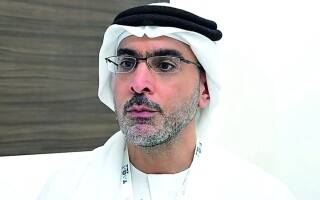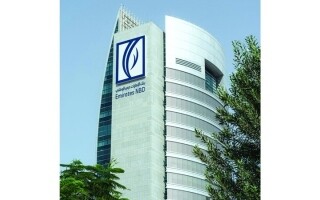
The Under-Secretary of the Ministry of Energy and Infrastructure for Energy and Petroleum Affairs, Engineer Sharif Al-Ilm, stated: "The expansion of data centers is unprecedented, and the demand for energy is increasing, especially from these centers as they are high-consumption. Therefore, we have studied the situation of these centers to come up with proposals and legislation to improve energy efficiency within them."
Al-Ilm explained in press statements on the sidelines of the Abu Dhabi International Petroleum Exhibition and Conference (ADIPEC) that "the UAE has a large number of data centers, but not all are characterized by high energy efficiency. Therefore, there is a great opportunity to reset consumption in them. We have also developed a platform that includes all data centers in the country to serve investors."
He added that "the achievement rates in the energy strategy are ahead of targets. For example, the plan was to reach 30% of the country's energy production capacity from renewable and clean sources by 2030, but it is now expected to increase the percentage to 35% during the same period. We also aimed to produce about 15 gigawatts of renewable energy by 2030, but after the announced projects by the electricity and water authorities, the figures have reached almost 22 gigawatts, which reflects the commitment and speed of achievement."
He also pointed to an increase in the number of electric vehicles and charging operators, which creates competition that benefits consumers. Currently, 154 chargers have been reached out of the 200 targeted for this year, but some challenges related to selecting areas and locations have delayed reaching this number. He noted that there are discussions and cooperation with relevant authorities at the level of each emirate to install more electric chargers.
He added that the "Green Certificates" program for commercial buildings is receiving great acceptance from developers and owners. The program provides them with solutions to improve energy and water efficiency in these buildings, noting that the energy and water savings achieved from applying these solutions are around 27%, with the highest percentage of energy used for air conditioning at 70%. Therefore, there are attempts to reduce this percentage through the use of smart technologies and solutions."













